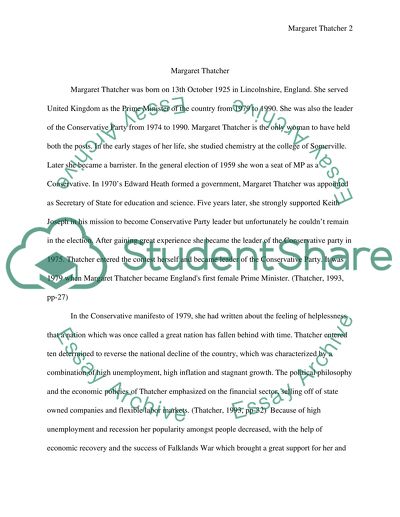Cite this document
(“Margaret Thatcher Essay Example | Topics and Well Written Essays - 1000 words”, n.d.)
Retrieved from https://studentshare.org/biographies/1511029-margaret-thatcher
Retrieved from https://studentshare.org/biographies/1511029-margaret-thatcher
(Margaret Thatcher Essay Example | Topics and Well Written Essays - 1000 Words)
https://studentshare.org/biographies/1511029-margaret-thatcher.
https://studentshare.org/biographies/1511029-margaret-thatcher.
“Margaret Thatcher Essay Example | Topics and Well Written Essays - 1000 Words”, n.d. https://studentshare.org/biographies/1511029-margaret-thatcher.


